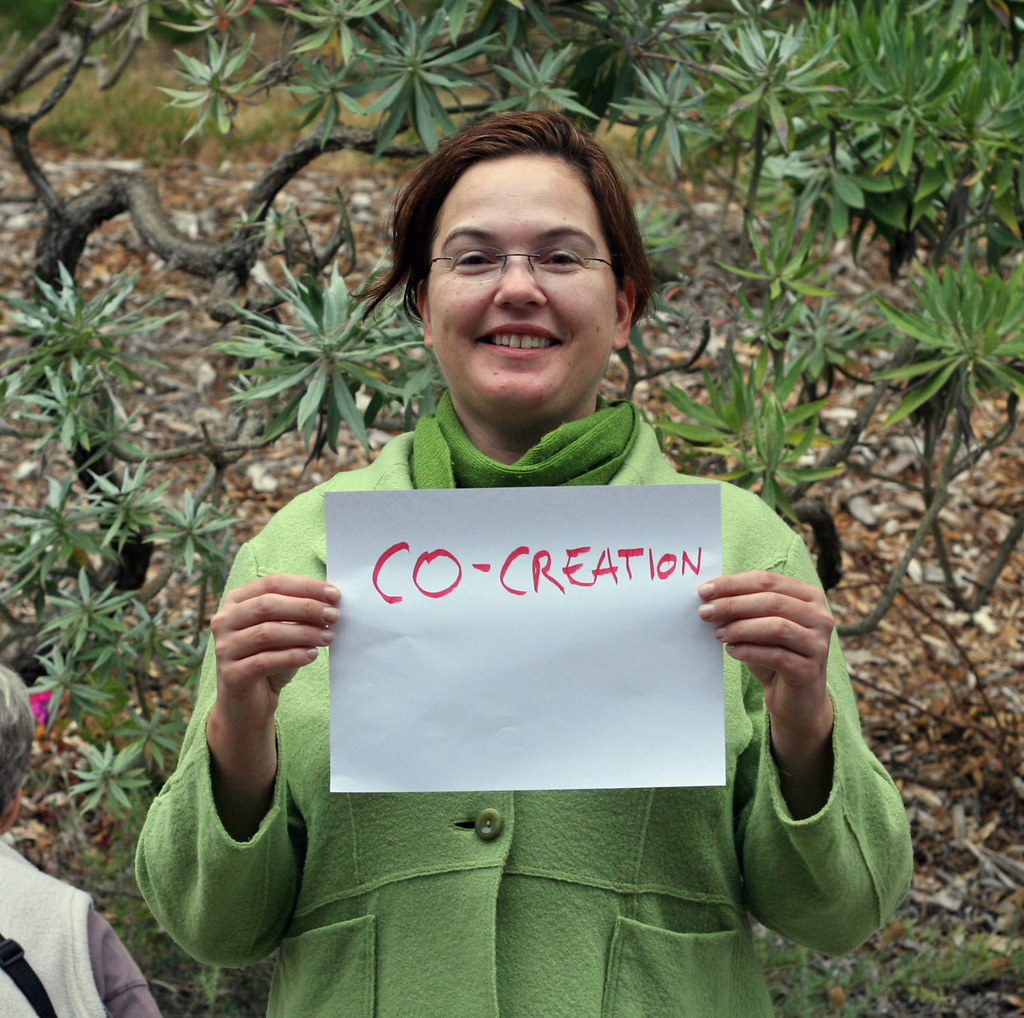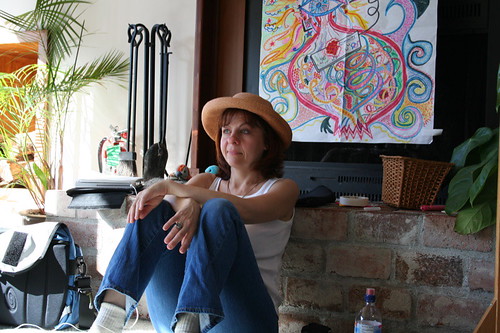- Is the idea of "gathering the information in one place" any longer appropriate? It is of course useful to have a place offering resources and signposting others through links. But don't we need a host of places on the net cross-linking to each other, with authors taking responsibility for updating on their sites? Think networked resources, not old-style library.
- Would it be possible to negotiate with key resource providers the terms on which they are prepared to make materials available, under a Creative Commons licence? For example, a non-commercial share-alike licence would enable people to build on other people's work and put the results back into the pot.
- Could the resources be chunked up as far as possible, so that items can be tagged with keywords for easier searching?
- Overall, wouldn't it make more sense to think about developing a community of practice of researchers and practitioners prepared to share their resources, and ensure these grow dynamically?
Some of my colleagues have been
initiating tagging experiments. Good stuff. How do we spread the word? How do we make it easy for others to play?
From some other friend's experiments, we probably need to get better at the aggregation part. Tag clouds are useful in some ways. Aggregated feeds is another bit of it. The collective conversations and annotations around resources are harder to capture. Search is a piece of it. Will some smart person please raise this flag and help us think about practices and solutions?


















